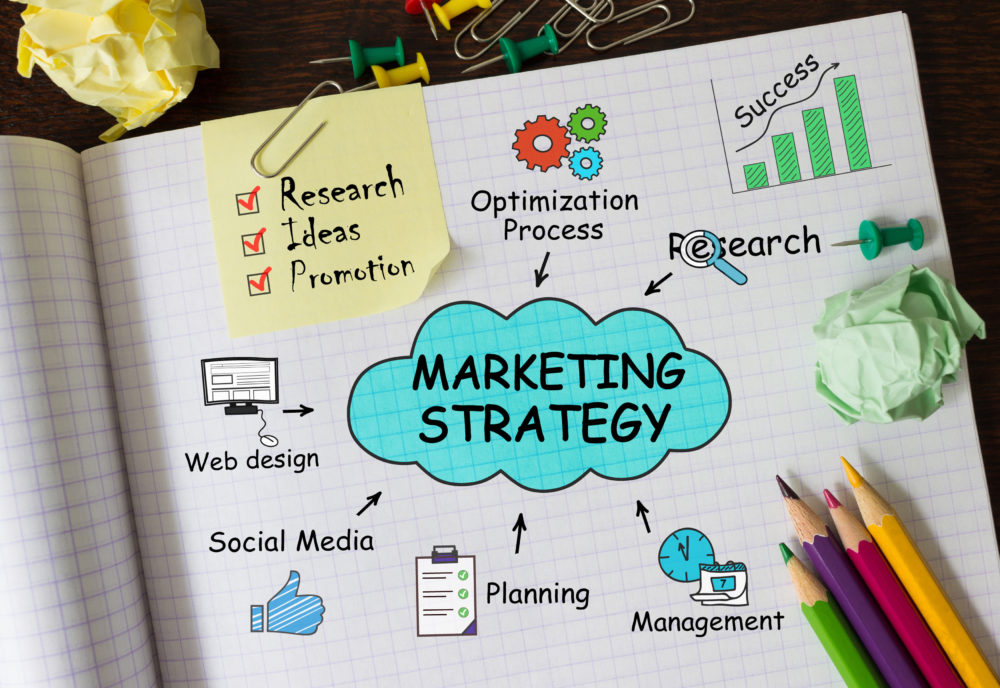Andrew Needham is the founder of HeadBox, an online booking platform for creative meeting spaces. Here, he discusses how the company’s marketing strategies developed through time.
1. Talk about the business, how it started, and what you were doing before.
Before HeadBox I was CEO and Founder of Face, a global tech driven insight consultancy, working with large corporate clients such as Unilever, Nokia and Coca Cola. HeadBox was born from frustration and the need to find yet another amazing space at very short notice for one of my largest clients to deliver an important stakeholder workshop.
Within half an hour I was surrounded by post-it notes taking down different bits of information from different spaces; there seemed endless phone calls, emails, forms, contracts, just loads of paper, trips to the scanner and photocopier and most importantly I spent a lot of time speaking to traditional venue listing sites who were acting as an intermediary between me and the spaces I wanted to book. The whole process was alarmingly out of date, too slow, very inefficient and incredibly time consuming.
Eventually I found a venue that met all the criteria I was looking for; but not where I was expecting to find it. The space I settled on was a very cool private cinema that was sitting empty during the day. The client loved it and I got an idea.
Scribbled on one of my post-it notes, in a frenzied scrawl, was my vision for a company. A company that would do this very job – unlock thousands of under-utilised spaces, opening them up to being used for meetings, off-sites and events. A company that opened up people’s imagination to the different uses and applications of space; that would change the way we think about space; what we make, create and do in a space. And crucially, it would be a website where it made the whole process much, easier, simpler and faster.
2. What were your earliest marketing efforts like?
When we launched HeadBox and turned our attention to generating demand we were, from the outset, fixated on our target audiences and invested a lot of time understanding which channels to use to best reach them. We started exploring the various options available within search marketing, social media and display advertising primarily, always linking back to the HeadBox tone of voice and the type of customer we were trying to reach.
3. What worked and what didn’t?
Search marketing has proved for us to be the best channel of marketing so far. When you are just starting out, reaching your client with an engaging advert at the point of search can be more fruitful than bigger brand awareness pieces or PR. You also can execute much more control over budget allocation with PPC and the conversions are easily tracked.
We have invested a lot of time into our Google strategy, both paid and organic, which is evident as the website traffic increased by 600 per cent in 2016. Just two months into 2017 we’re on track to triple our website traffic by the end of this year.
4. What was the turning point in terms of exposure for your company?
The turning point for our marketing efforts was when we decided to bring the operation in house around May last year. We grew our marketing team from two to five combining many years of experience across PPC, social media, video, content marketing and much more to build our marketing plan for the rest of the year and beyond.
5. What marketing do you do now?
We use all forms of digital marketing that one would expect a technology start up to use. Search Marketing is where we can see the best ROI at the moment. It’s very easy to see how your traffic is affected by reallocating budget to different campaigns which allows us to control the bookings we see across the platform. Content marketing also plays a huge part in our marketing strategy.
6. What advice do you have for other company owners on the marketing challenge?
The devil is in the detail. The various campaigns you run may be generating healthy traffic numbers but if you don’t spend the time getting your head underneath the bonnet of analytics and tracking the data correctly, it’s a waste of time. Big decisions should be backed up with solid data not general trends.
7. Any general opinions of the marketing scene in 2017, what types of company can get ahead, and what needs to be done to maximise exposure for your business this year?
Consumers are expecting much more from advertising campaigns and content in general. Not only do you need to be an expert in your sector but you then need to offer opinions and insights into a much broader range of topics to engage your customer. There are three exciting things we are working on right now from a marketing perspective that are going to help maximise our exposure this year so watch this space!





